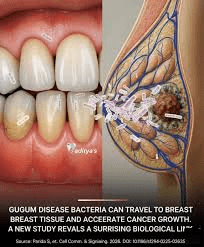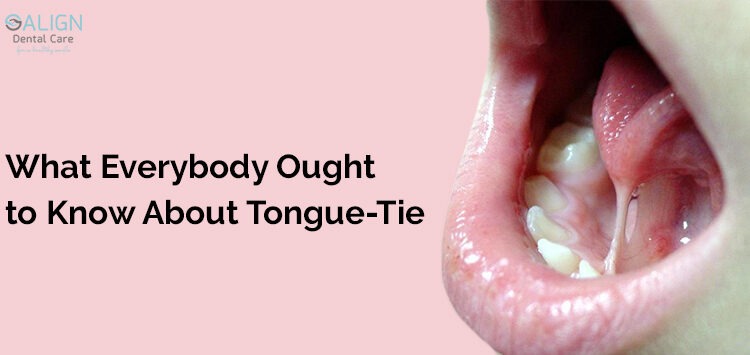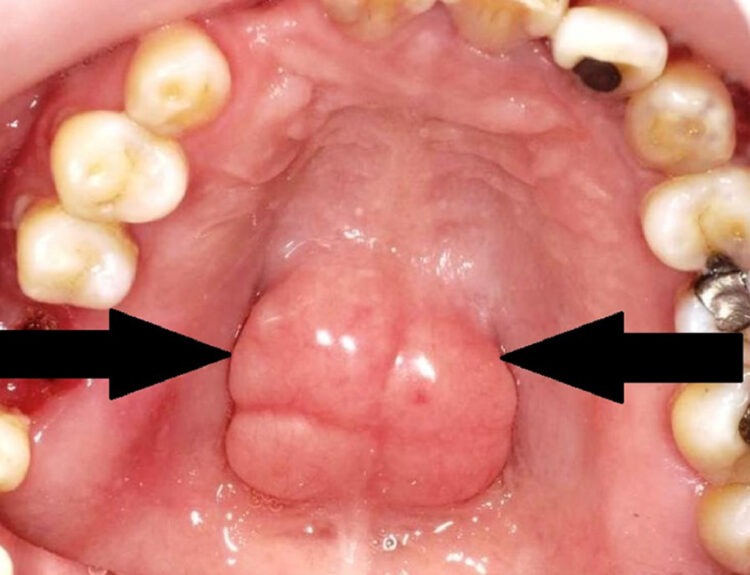Dentures and dental crowns are essential prosthetic solutions known as Dental Prostheses. They restore mouth function, aesthetics, and comfort for individuals with missing or damaged teeth. However, ill-fitting prostheses can lead to a range of complications affecting wearer’s oral health and quality of life.
Ill-fitting Dentures
Dentures are artificial (false) set of teeth. They may be either complete or partial. Complete denture is for those patients who have lost all their natural teeth. Partial denture may be fixed or removable for those who have some natural teeth standing in their mouth. Improperly fit dentures develop friction and pressure points, leading to painful ulcers and sores on the gums. This discomfort may discourage individuals from wearing their dentures, resulting in further oral health complications. Moreover, an improper fit or loose denture can impair their ability to chew food properly. This consequently leads to digestive issues due to insufficient mastication.
When dentures do not fit well, they fail to distribute chewing forces evenly, accelerating the process of bone resorption in the jaw. Over the period of time, this bone loss alters the facial structure, making it even harder to achieve a proper denture fit. In addition, loose dentures tend to shift while speaking or eating, causing embarrassment and inconvenience. This instability can make social interactions stressful for the wearer.
Bacteria and food particles may accumulate beneath ill-fitting dentures, increasing the likelihood of infections such as denture stomatitis, characterized by redness and inflammation of the oral tissues.
Ill-fitting Crowns
Dental crowns cover damaged or weakened teeth, restoring their function and appearance. However, if a crown does not fit properly, it can lead to several complications:
- Tooth Decay and Gum Disease: A poorly fitted crown may leave gaps between the crown and the natural tooth, allowing food debris and bacteria to accumulate. This can lead to decay beneath the crown and increase the risk of gum disease.
- Discomfort and Sensitivity: Crowns that do not fit well can exert uneven pressure on the underlying tooth, leading to discomfort and heightened sensitivity to temperature changes.
- Bite Misalignment: An improperly placed crown can affect the natural bite, leading to occlusal discrepancies. This misalignment may result in excessive wear on surrounding teeth, jaw joint (TMJ) disorders, and persistent jaw pain.
- Loosening: Loose crowns have increasing risk of dislodgement and swallowing.
Preventive Measures and Solutions
To avoid the complications associated with ill-fitted dentures and crowns, proper care and professional guidance is essential. Following measures can help ensure optimal fit and function;
- Regular Dental Check-Ups: Routine visits to the dentist allow early detection of fitting issues and timely adjustments to prevent complications.
- Precision in Prosthetic Fabrication: Modern techniques such as digital impressions and computer-aided design (CAD) technology can enhance the accuracy of denture and crown fabrication, leading to better outcomes.
- Timely Replacement or Adjustment: Physiological changes in jaw structure may affect the fit of dentures and crowns. Regular adjustments or replacements are necessary to maintain comfort and functionality.
- Good Oral Hygiene Practices: Maintaining proper oral hygiene, including cleaning dentures regularly and brushing and flossing around crowns, helps prevent infections and decay.
.
Read our full disclaimer.




